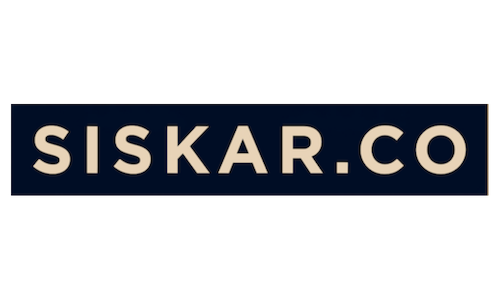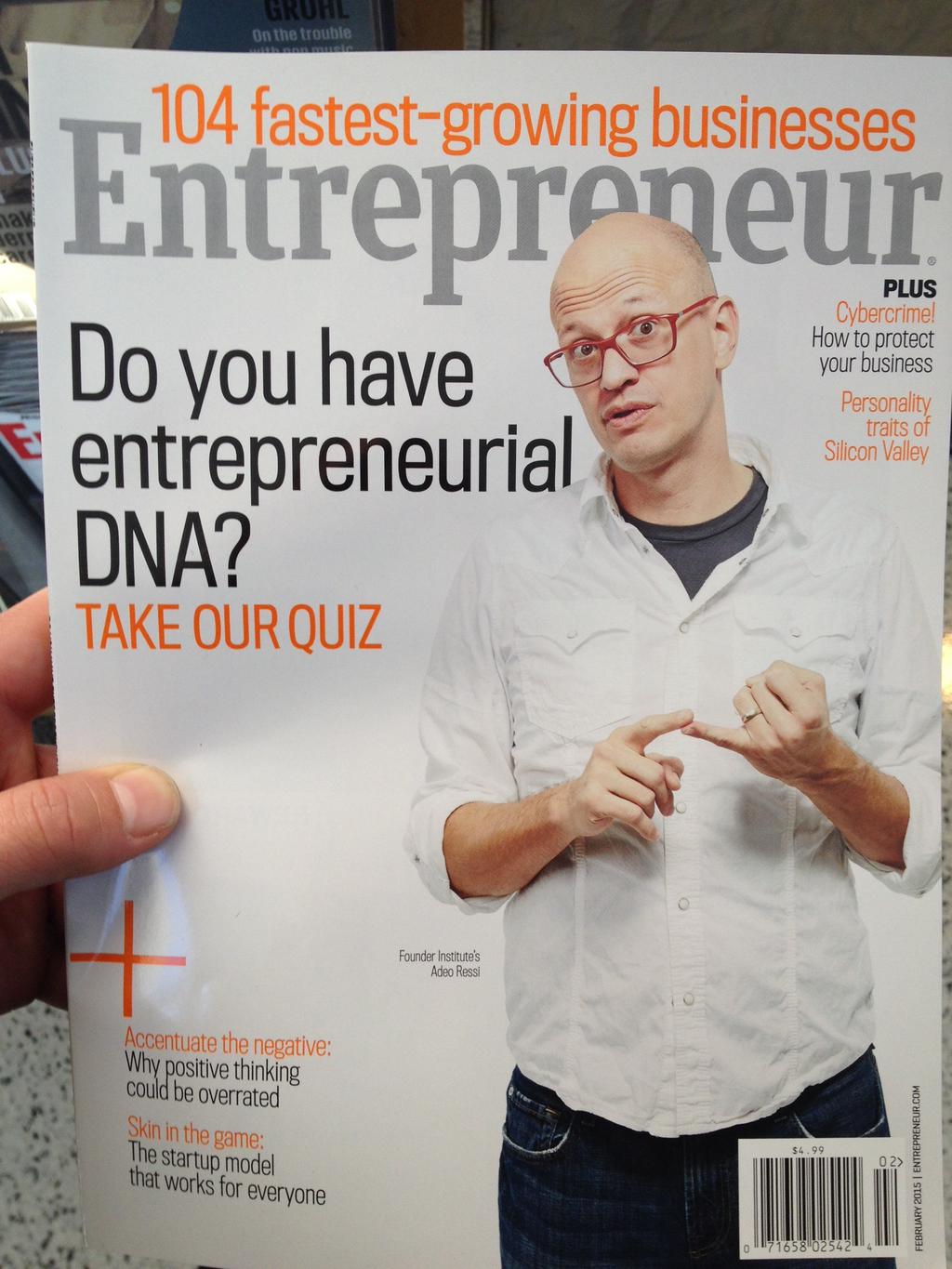
Why The Senate's Plan To Tax Employee Options At Vesting Is Bad For Startups
At this moment there are new Tax Reform plans proposed in both the House of Representatives and the Senate. The current proposal in the Senate plans to tax employee stock options at the moment of vesting, instead of when they are exercised, as is currently done.
Startups are the envy of the world for how innovative and fast moving they can be. However, they often lack the amount of cash in the bank required to pay employees a salary that is competitive with the top tech companies such as Google, Facebook, Amazon, etc. To compensate for this, they give their employees an equity ownership in the company. Typically that equity vests monthly or quarterly over the span of four years. Here is a quick primer for anyone that wants to get brought up to speed on how "Startup Equity & Vesting" works.
When an employee is given stock options, those options are illiquid. Meaning they can not be sold or transferred for money until the company has a liquidable event (e.g., an exit such as an acquisition or going public). So when employees receive options they usually have to wait years before being able to turn them into cash.
At this moment there are new Tax Reform plans proposed in both the House of Representatives and the Senate. The current proposal in the Senate plans to tax employee stock options at the moment of vesting, instead of when they are exercised, as is currently done. The House of Representatives has already removed this provision from their proposal.
What is the tangible effect? If passed, startup employees would be forced to pay taxes on these equity options, regardless of any realization of actual value.
As Fred Wilson said, "Taxing equity compensation upon vesting makes no sense. If this provision becomes law, startup and growth tech companies will not be able to offer equity compensation to their employees. We will see equity compensation replaced with cash compensation and the ability to share in the wealth creation at your employer will be taken away."
Passing this law will make it extremely difficult for startups to compete with bigger corporations for high-quality talent. I am personally signing on to a letter addressed to Sen. Orrin Hatch, Chair of the Senate Finance Committee, to oppose the proposed new plan and ask that Section III(H)(1) be removed from the Senate bill. If you would like to speak up as well (with your local representative), you can find your senators here and your representative here, along with the phone number to their office.
Protecting The United States International Entrepreneur Rule
After being officially passed in January, the "International Entrepreneur Rule" was set to take effect July 17th, 2017 in the United States. This week though, the new rule was delayed by the Department of Homeland Security.
Immigrant Entrepreneurs: Elon Musk, Arianna Huffington, Sergey Brin, Vinod Khosla, And Phil Libin
After being officially passed in January, the "International Entrepreneur Rule" was set to take effect July 17th, 2017 in the United States. This week though, the new rule was delayed by the Department of Homeland Security.
The International Entrepreneur Rule is a critical effort to ensure that the best and the brightest foreign-born entrepreneurs could more easily grow the companies that will create American jobs here in the U.S. while expanding our economy. The delay by the DHS is unquestionably a setback for the United States in the global race for talent. We should be encouraging innovators to bring their new ideas, expertise, and unique skills to our country, rather than incentivizing them to put their talents to work for our competitors abroad.
As the Managing Director of the Founder Institute in New York I can say from first-hand experience the proposed International Entrepreneur Rule would be a big step forward for America. Time after time I have watched as prospective international founders come to Founder Institute New York to start a high-growth tech-enabled company, only to be stopped from incorporating and progressing the new company by the limitations of current immigration laws.
With an estimated 3,000 international entrepreneurs expected to apply per year to start companies within the US, the impact of this reform will have an immediate positive impact as well as create a long-term attraction for global entrepreneurs to build their companies right here in America.
A reform to immigration such as the proposed International Entrepreneur Rule will undoubtedly increase the amount of technological innovation, job creation, and economic value in the United States of America.
Starting now, people can submit public comment on the Federal Register's site. I strongly encourage you to use it as an opportunity to send a strong message to the administration that people are paying attention and we are not happy about the decision to rescind the International Entrepreneur Rule.
What Makes a Successful Entrepreneur? Circumstance, Genetics, and Perseverance
Recently Adeo Ressi, Founder of the Founder Institute, was asked, “what does it take to be a successful entrepreneur?”. In Adeo’s opinion, his answer was successful entrepreneurship is a combination of three things: Genetics, Circumstance & Perseverance.
Steve Jobs
Recently Adeo Ressi, Founder of the Founder Institute, was asked, “what does it take to be a successful entrepreneur?”.
In Adeo’s opinion, his answer was successful entrepreneurship is a combination of three things: Genetics, Circumstance & Perseverance.
Let’s go through all three.
Adeo Ressi
1. Genetics
The Founder Institute has completed social science testing on over ten thousand prospective entrepreneurs, measuring things like “Big 5 Personality Traits”, Fluid Intelligence, IQ, and more. The Institute then watched who became successful, and correlated back the measured traits that best predicted success, in a scientific process.
The traits that best predict entrepreneurial success are genetic, such as Fluid Intelligence and Openness. BUT, just because you have traits that MAY make you successful as an entrepreneur, does not mean that you WILL be successful. Similarly, just because you are tall does not mean that you are good basketball player.
In other words, you need the raw materials, but you also need other things.
2. Circumstance
Being in the proverbial “right place at the right time” matters a lot towards your ultimate success as an entrepreneur.
Timing is everything (..almost).
For example, Michael Diamant started iClips, a site exactly like YouTube, a few years before YouTube launched. iClips was a truly well-executed business, but the necessary bandwidth, camera penetration, and streaming technology adoption did not yet exist for it to gain massive traction. He was simply too early for the market.
Circumstances are not all market-specific, either. You can have perfect market-timing, but your personal circumstances might not be optimal. For example, you could have the best idea and timing while you are a high school student, and start to execute on that idea to the the best of your ability — but then a veteran entrepreneur does the same business with millions in venture capital and captures the whole market.
Some circumstances are in your control, and some are simply outside of your control, but most successful entrepreneurs will concede that some of their success is attributable to circumstance.
3. Perservance
You only fail in your business when you actually give up, so, in fact, no business would ever fail if people persevered.
When you look at the Founders of some of the most successful technology companies in the world, and there almost always were (and still are) times when the Founders simply refused to give up despite unbelievable problems, stress, and negative signaling
“Entrepreneurship is like eating glass and walking on hot coals at the same time” — Elon Musk
Elon Musk
An entrepreneur faces all of the debilitating problems of their own life, coupled with all of the personal problems of their team, as well as hostile operating environments, limited capital, stretched resources, no time, regulatory burdens, changing technology… the list is endless.
The loneliness and darkness of entrepreneurship is not discussed very often, but it is very, very real.
Those that persevere succeed. Those that do not, do not.







